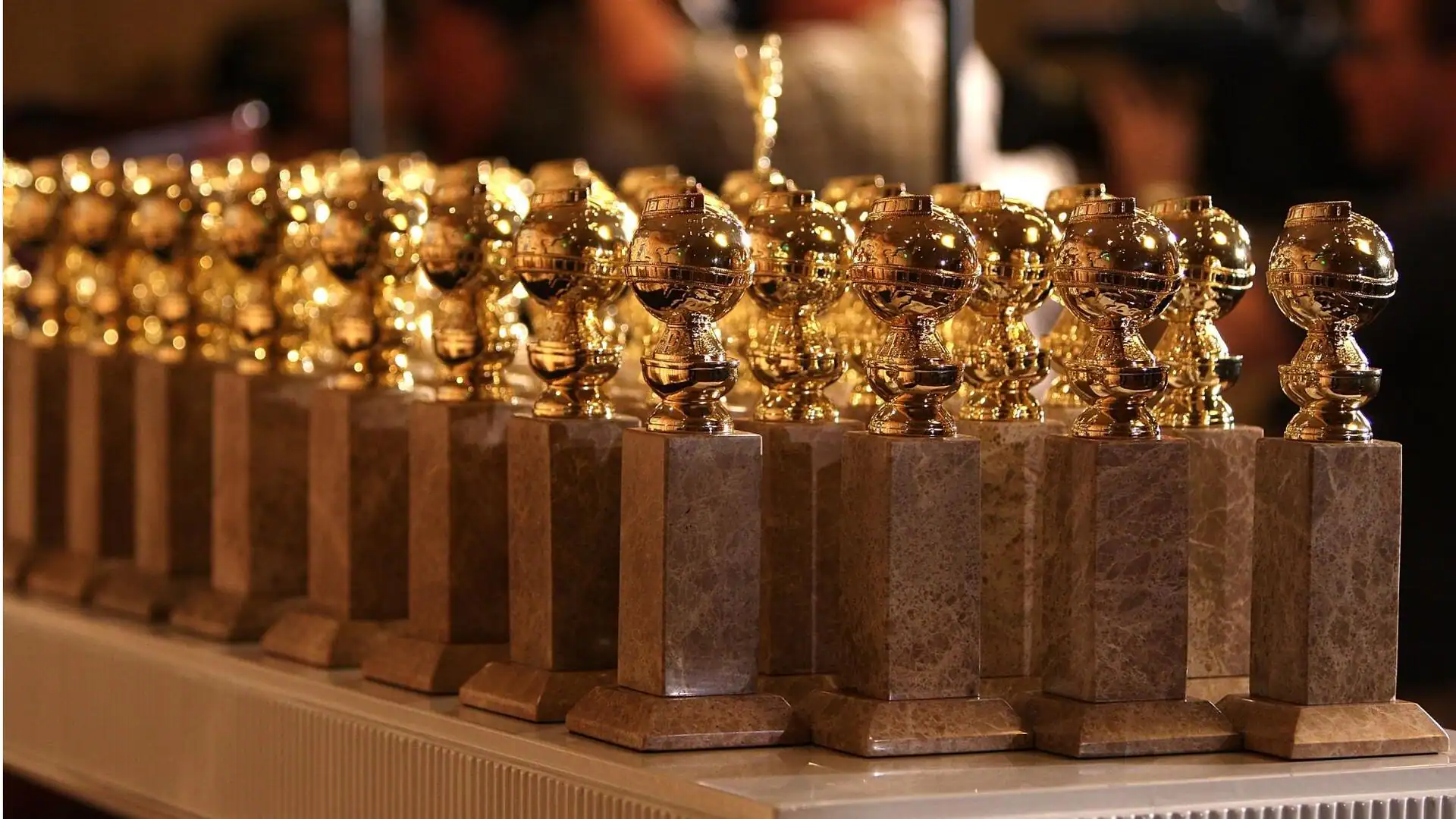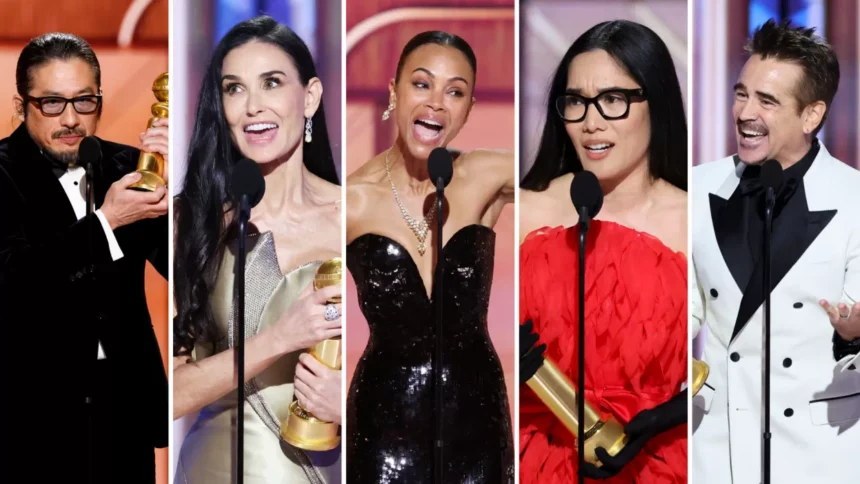Imagine the glitz and glamour of Hollywood’s biggest names, gathered under one roof, celebrating the year’s cinematic triumphs. Now, picture that same room, the applause a little less enthusiastic, the smiles slightly strained as reality sets in: the Golden Globes 2025 didn’t quite live up to the initial hype. Touted as a ratings success, the reality was a 2% dip from last year, revealing a stark contrast between expectation and outcome.
The Numbers Game: Early reports, fueled by data from VideoAmp – a company not typically in the spotlight for ratings – claimed a 10% surge in viewership for the Golden Globes. Paramount/CBS echoed this optimism with a 7% increase narrative. However, the industry-standard Nielsen painted a different picture, confirming only 7.8 million viewers, a 2% decrease from the previous year. This discrepancy not only questions the reliability of newer metrics but also underscores the ongoing battle for credibility in audience measurement.
Behind the Numbers: What does this mean for the Golden Globes? Despite the lower ratings, the show wasn’t without its merits. Nikki Glaser, the host, brought a refreshing dynamism to the event, perhaps the only real star of the night. Her humor and presence managed to salvage what could have been a lackluster evening. The reviews of the ceremony itself were positive, focusing on the entertainment value, the fashion, and the emotional speeches that define these gatherings.
The Cultural Impact: The Golden Globes have always been more than just an awards show; they’re a cultural barometer, reflecting the tastes, controversies, and zeitgeist of Hollywood. This year, the event’s struggle might hint at a broader cultural shift. Are audiences growing weary of the traditional awards format? Or does this reflect a broader move towards streaming and personalized content?
The Human Element: At its core, cinema is about storytelling, and the Golden Globes celebrate those stories. This year, we saw films that dared to be different, from the daring comedic timing of “Emilia Pérez” to the profound narrative depth of “The Brutalist.” These films, despite the show’s ratings, continue to resonate, proving that quality storytelling still has an audience, even if that audience is watching from the comfort of their living rooms rather than live TV.
The Golden Globes 2025 might be remembered not for its ratings but for the stark reminder it provides: in an age of information, truth and transparency are what truly matter. As we look to the future, one wonders if awards shows will adapt to new viewing habits or if they’ll continue to cling to the traditions of yesteryear.
Personal Impressions: The Golden Globes of 2025 felt like a Hollywood narrative with an unexpected twist. Nikki Glaser’s hosting was a highlight, bringing a much-needed energy to an event that seemed to lack its usual sparkle. However, the focus on inflated numbers rather than the quality of the content presented was a misstep. It’s a reminder that in Hollywood, as in life, genuine connection and storytelling should always take precedence over the allure of numbers.
Do you think the way we celebrate cinema needs to evolve with our changing viewing habits? Why or why not?













